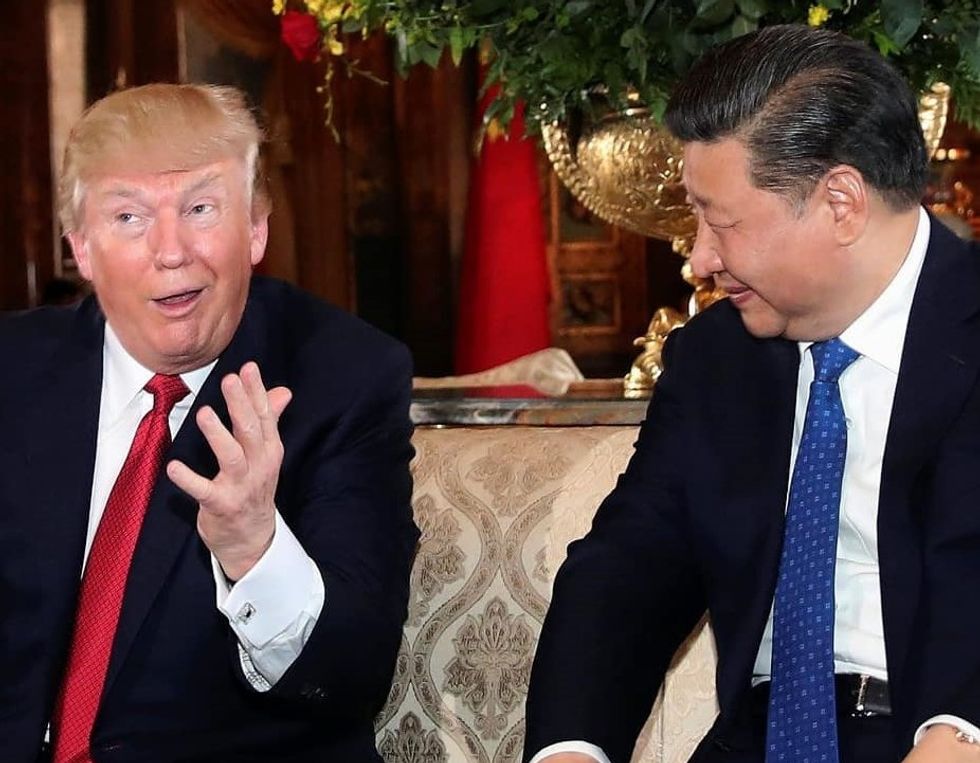Donald Trump threatened to tax 500 billion dollars of goods on Chinese import. According to Reuters, last Friday, Donald Trump demonstrated this plan when interviewed by CNBC News, following a 200 billion dollar updated plan issued in June.
The first tax plan was only 50 billion dollars of goods, 34 billion dollars of which were effective since July 6th. In 2017, the number of China export of goods to the U.S has reached 500 billion dollars. If 450 billion or 500 billion dollars of goods are going to be imposed on the tax, 90 percent to 100 percent of Chinese goods would be affected by this trade war.
It is expected that China will establish a tax plan regarding the same number of American import goods. After announcing the 25 percent tax rate to 50 billion Chinese goods, China immediately took action and announced a 50 billion dollar American import tax plan to the media to express the attitude that they are not afraid of involving in the trade war.
Donald Trump was gradually careful about China's invasion of the American Economy and kept the principle "America first." Due to the concern of the trade war, the Shanghai Composite Index (HCI) and the Hang Seng Index (HCI) fell sharply. According to the South China Morning Post, until now, SCI has fallen 14 percent. RMB to USD exchange rate fell quickly as well. Until now, 1 USD is equal to almost 6.8 RMB, compared to only 6.2877 this January
It is not dramatic when it comes to Donald Trump's plan to defeat Chinese economic development and the potential threat to American economic status around the globe. In April, Donald Trump and the American government punished ZTE, a Chinese electronics company which is seen as one of the most important participants in the 5G research plan of Chinese "Made in China 2025," which has been banned for purchasing American chips for 7 years due to the illegal trade with the Iran government.
The semiconductor industry in China was immediately "extinct" after this judiciary judgment. Another 4G leader in China is called Huawei, its contract with AT&T regarding the sale in AT&T stores that were stopped by the American government out of national security consideration in January of this year.
From the above, it is quite apparent that Donald Trump is now improving the level of the trade war and pushing China to the negotiation.
Xi Jinping, who is the current Chinese chairman, has committed to significantly lowering the tax of imported cars and releasing the restriction in the financial industry, allowing the foreign capital flows into the country and reducing the capital control in order to deepen the "reform and opening," which is seen as the response of the U.S. trade war that aims to push China to open its market with more degrees of freedom.
It is still unclear how the trade war will determine Chinese and American futures. The U.S. will also suffer a great loss in the long-term, especially since China taxed American agricultural products that affected most states occupied by Donald Trump voters. As long as Donald Trump is still willing to fight a trade war, the Chinese economy including the stock market will continue fluctuating, and the economic policy will also be uncertain, depending on the government's adjustment.

















